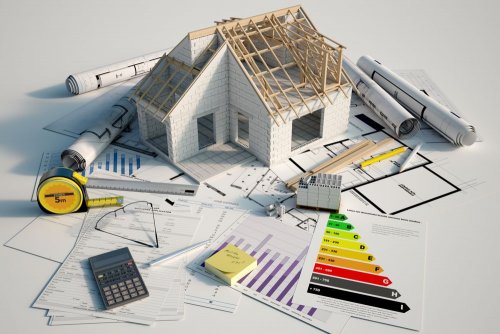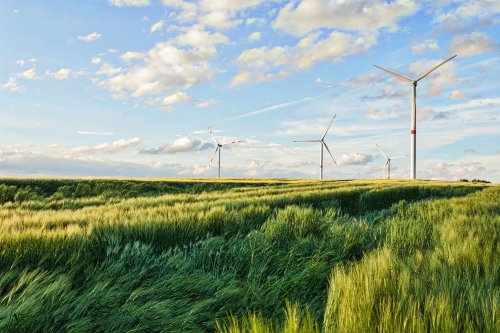The European Parliament and the Council of the EU have reached a preliminary agreement on reducing emissions and energy consumption in buildings that will strengthen the Energy Performance of Buildings Directive (EPBD).
The agreement, among other things, provides for a 16% reduction in the average primary energy consumption of residential buildings by 2030 and introduces a zero emission standard for new buildings, the European Commission reports.
It is noted that this agreement will contribute to the decarbonization of the European continent, energy independence and the implementation of the REPowerEU plan. It will also improve the quality of life of people in their homes and workplaces, as well as reduce their energy bills. After all, buildings account for approximately 40% of EU energy consumption, more than half of EU gas consumption, and 36% of energy-related greenhouse gas emissions.
The directive provides that
- each Member State will adopt its own national trajectory to reduce the average primary energy consumption of residential buildings by 16% by 2030 and by 20-22% by 2035, taking into account national circumstances;
- national measures should ensure that at least a 55% reduction in average primary energy consumption is achieved by retrofitting the worst-performing buildings;
- the non-residential stock will be gradually improved using minimum energy efficiency standards. This would lead to the renovation of 16% of the worst buildings by 2030 and 26% of the worst buildings by 2033;
- Member States will be able to exempt certain categories of residential and non-residential buildings from these obligations, including historic buildings or holiday homes;
- enhanced energy performance certificates (EPCs) will be based on a common EU template with common criteria;
- financial measures should incentivize, accompany renovation and target, in particular, vulnerable customers and the worst-off homes, where a higher proportion of energy-poor households live;
- Member States should ensure that there are safeguards in place for tenants to help deal with the risk of eviction of vulnerable families due to disproportionate rent increases after renovation.
The message emphasized that the revised EPBD contains measures to improve both the strategic planning of reconstructions and the tools that will guarantee the implementation of such reconstructions.
The agreement also provides for the gradual abandonment of boilers running on fossil fuels, in particular, subsidies for them will be prohibited from January 1, 2025. In addition, the directive introduces a clear legal framework for Member States to set requirements for heat generators based on greenhouse gas emissions. The bloc's countries will also have to define specific measures to phase out fossil fuels for heating and cooling to completely phase out fossil fuel boilers by 2040.
The document will also promote sustainable mobility through provisions on pre-wiring, charging points for electric vehicles and bicycle parking.
It said the revised directive would make zero-emission buildings the new standard for new buildings. All new residential and non-residential buildings must have zero on-site fossil fuel emissions starting January 1, 2028 for public buildings and January 1, 2030 for all other new buildings, subject to specific exemptions. Member States must also ensure that new buildings are ready to install rooftop solar power plants.
As EcoPolitic reported earlier, the European Commission published the updated Energy Efficiency Directive 2023/1791, which introduces the principle of "energy efficiency first" in energy and non-energy policy.





